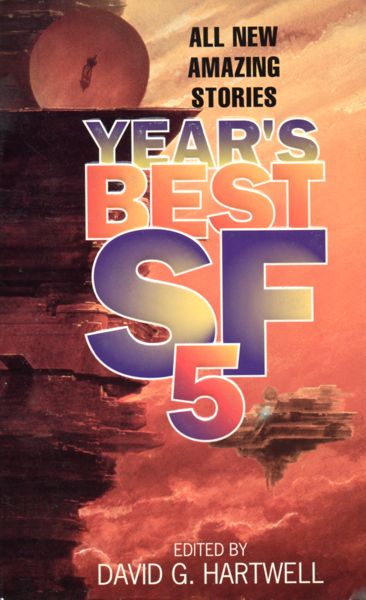Victoria Silverwolf
Vegetarian Werewolf
"Meeting of the Minds" (Galaxy, February 1960) -- An alien being accidentally brought to Earth from Mars winds up on an isolated island in the Pacific where a group of men are seeking treasure. The alien has the ability to share its mind with any animal it can bite, including humans, and its goal is to bring all life on the planet into one group entity, even if it has to kill those who oppose it. Reads kind of like a warm weather version of John W. Campbell's "Who Goes There?"
"Potential" (Astounding, November 1953) -- A man wakes up alone on a starship with amnesia. He eventually finds out that he's the last survivor when the Sun went nova, but he can't remember why he was sent out to find an alien planet inhabited by humanoids. Interesting puzzle story.
"Potential" (Astounding, November 1953) -- A man wakes up alone on a starship with amnesia. He eventually finds out that he's the last survivor when the Sun went nova, but he can't remember why he was sent out to find an alien planet inhabited by humanoids. Interesting puzzle story.



